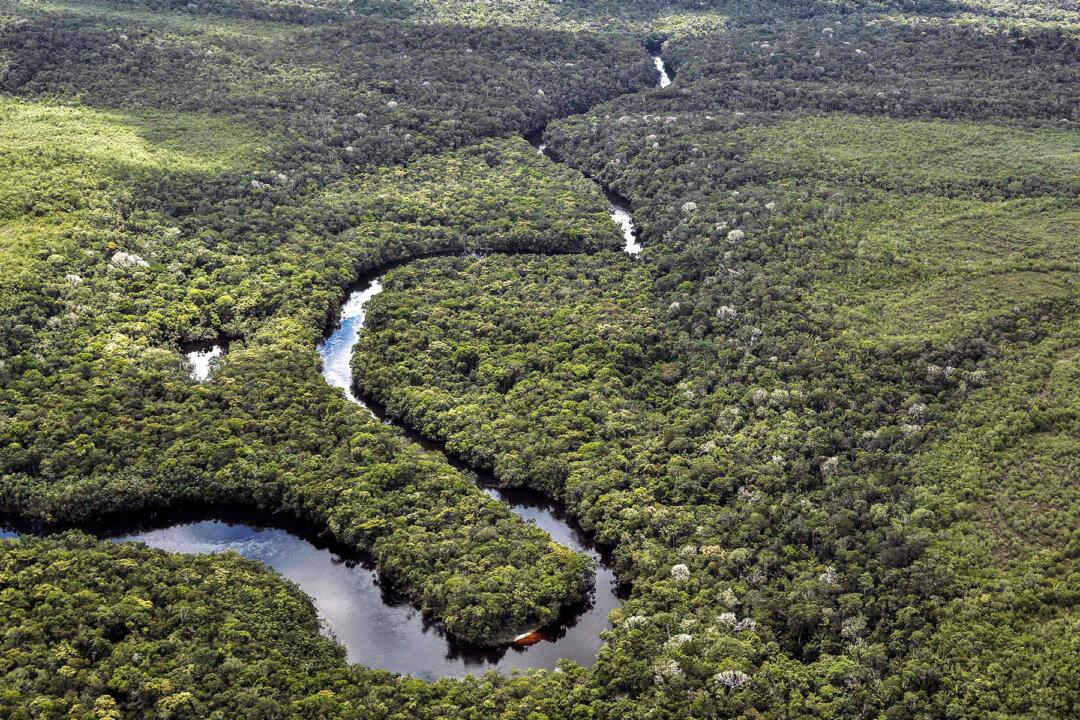The men who arrived by plane in the middle of the Amazon rainforest had an agenda. The Ecuadorian government had sent them to meet with the Waorani indigenous people of Pastaza Province. They met, shot some video, and exchanged a few words. A few hours later, the men left the same way they had come.
The Waorani had no idea why the men came—nor did they realize the horrific thing that had just happened during the exchange: they had just signed over their land.





